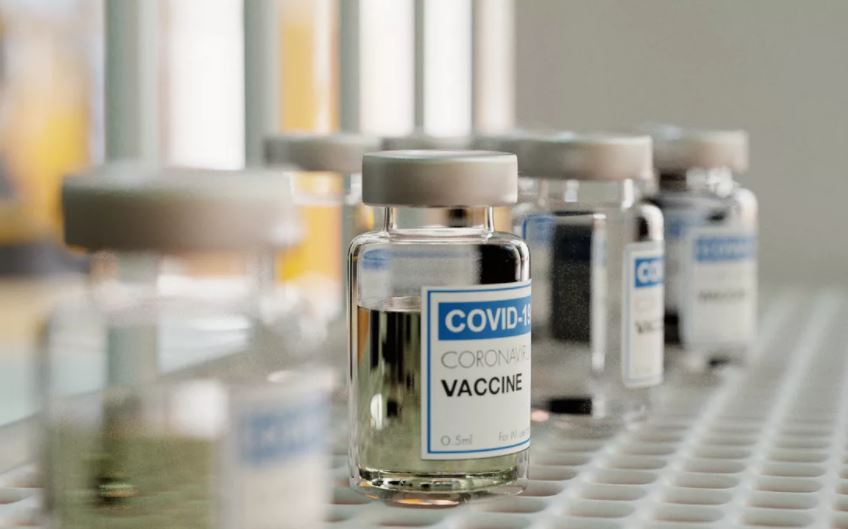According to The New York Times, Johnson & Johnson has temporarily halted production of its COVID-19 vaccine at the sole plant that can produce useable doses. Since late last year, production appears to have been stopped.
According to the New York Times, the laboratory, based in the Dutch city of Leiden, is currently manufacturing an experimental and possibly more profitable vaccine for a different virus. According to the news site, the suspension will only continue until next month, and it’s unknown how or whether it would influence vaccination supply. However, according to the New York Times, the plant’s outage might limit supplies by a few hundred million doses over the following few months.
A Johnson & Johnson spokeswoman told CMT that the company presently has millions of doses of COVID-19 vaccine in stock but neither acknowledged nor disputed the manufacturing halt. According to the spokeswoman, Johnson & Johnson continues to distribute doses to all of its “fill and finish locations,” which bottle the vaccine for distribution.
The one-dose vaccination from Johnson & Johnson is easier to chill and store, making it easier to distribute than the vaccines from Pfizer and Moderna. It’s also less expensive, and health experts say it’s a better alternative in hard-to-reach areas where individuals may not be able to return for a second treatment for weeks. African countries, in particular, have relied on Johnson & Johnson’s vaccine to protect them from the deadly COVID-19 virus.
Dr. Ayoade Alakija, a co-head of the African Union’s vaccine distribution program, told the Times, “This is not the moment to be moving manufacturing lines of anything when the lives of people across the poor world hang in the balance.”
According to a Johnson & Johnson representative, the business “continues to meet its contractual commitments in connection to the COVAX Facility and the African Union,” according to a representative for Johnson & Johnson. South Africa is home to one of J&J’s fill and finish facilities. COVAX is a vaccine access organization that buys vaccinations and delivers them to several low-income countries.
The US Centers for Disease Control and Prevention has recommended Pfizer’s and Moderna’s vaccines over Johnson & Johnson’s for most people, citing concerns about a rare but dangerous blood-clotting disorder associated with J&J, as well as the fact that the other two vaccines are now widely available and accessible in the US. However, some health professionals have also claimed that, while one dosage protects against serious illness, Johnson & Johnson should be a two-dose vaccination since a second shot boosts protection to levels equivalent to mRNA vaccines.
Other countries do not have access to a broader range of vaccines. For example, according to Our World in Data, only over 10% of persons in low-income nations have received a dose of COVID-19 vaccination.
According to the New York Times, the experimental vaccine manufactured in the Netherlands is for a respiratory syncytial virus or RSV. It will be evaluated in a clinical study for older people in affluent nations. However, to CMT, Johnson & Johnson did not confirm or deny that the vaccine was manufactured in Leiden.


